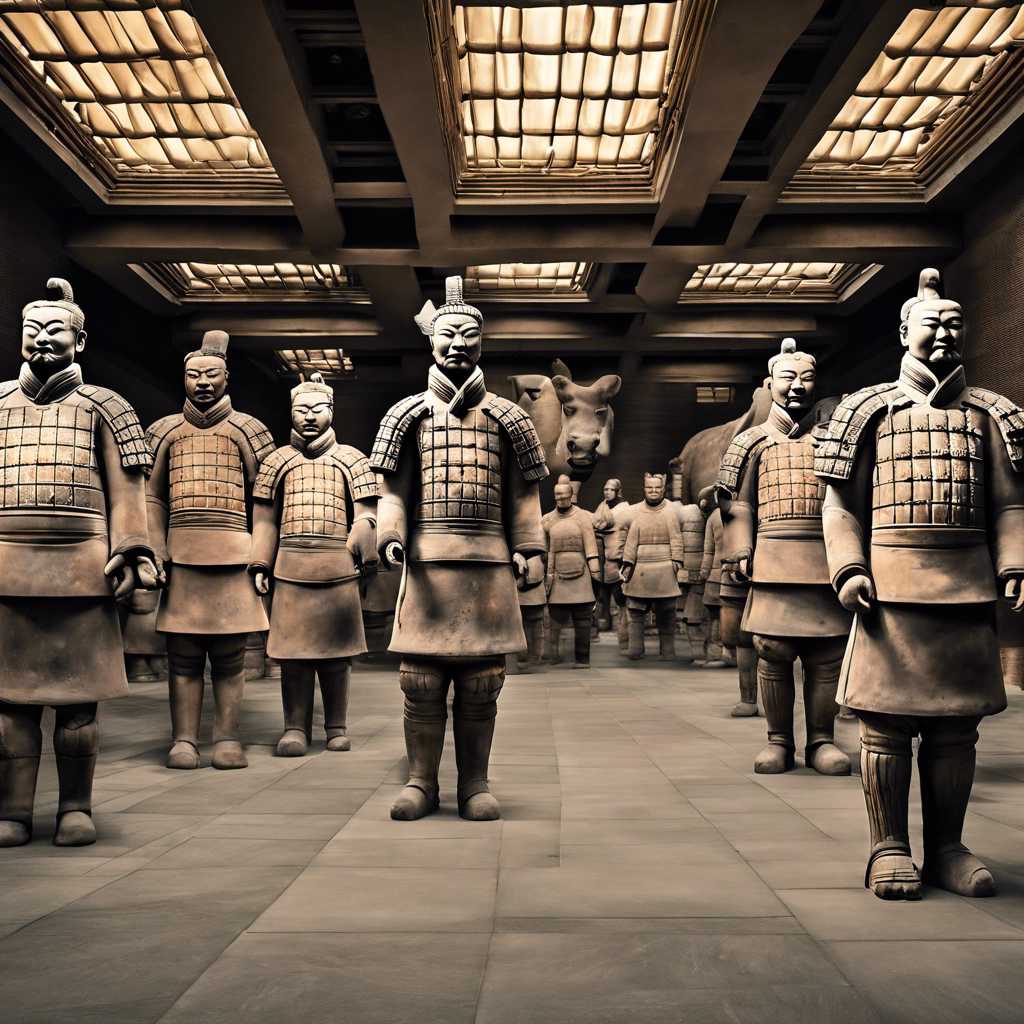This paragraph, taken from a SocGen research report by Dylan Grice (one of the few sell-side folks worth reading, along with Albert Edwards, also at SocGen), sums up the dichotomy between how investors look at China and the rest of the world.
Trading on a lowly 0.5x book value, Lloyds (LYG 5.1 ↓2.49%) is clearly unloved, presumably because prospective investors aren’t sure how safe its loan book is and are understandably concerned that an increasingly unpredictable UK government owns a 43% stake. Who, after all, wants to own an asset which the government reserves the right to commandeer for its own ends and which has an opaque loan book?
Well, quite a few people it seems, judging by the situation on the other side of the Eurasian plate. Industrial and Commercial Bank of China, for example, is sitting pretty on around 3.5x book value and a forward PE of 14.7x. Yet as far as I can see, it’s 74% owned by the Chinese government and, so far at least, has been subject to far more political interference than anything seen at the semi-nationalised UK banks.
Investors have a healthy distrust, and rightly so, of governments running banks in the US and UK, but for a very strange reason are comfortable with the Chinese government wheeling and dealing with Chinese banks. Governments, and thus their bureaucrats and politicians, are not fit to make business decisions, not because they lack a certain level of intelligence (though some will argue that is the case), but because they have the wrong incentives. In democratic countries, politicians’ and bureaucrats’ incentives are to be reelected and thus keep their jobs, and so their time horizon doesn’t exceed their time in office a few years, or sometimes only months. Capital-allocation decisions (i.e., making loans) have a much longer time horizon, often decades. Also, the government is in the business of making populist (popular) decisions that may or may not be the right economic decisions.
Of course, China is not a democracy and the Chinese government is not really worried about reelections, though it is gravely concerned with maintaining its power. Hence you get a policy of growth at any cost. (Read article in the Economist on how Chinese car sales and gasoline sales don’t reconcile.)
If investors don’t feel comfortable owning banks in developed, democratic nations such as the US and UK, where government is a minority holder, their degree of comfort with Chinese banks that are controlled by the Chinese government and have an agenda to grow their economy at any cost should be exponentially lower! (I know I just opened a big stinking box and I’ll receive emails telling me that privately held, non-government-owned banks got themselves in huge trouble without government help. I agree, but that is a subject for a different time.)
P.S.
December 4th marked my 18th year in America. I have officially spent half of my life in the US. I pinch myself every day to remind me how lucky I am. (If you didn’t see it before, here is the storyof how my family emigrated from Russia.) Though part of me wishes I had been born in the US and enjoyed an easier first 18 years of my life, the other part is appreciative of spending the first half of my life in Russia, because it provided a proper frame of reference, and I tend to take fewer things for granted.
On a different topic, my website/blog The Intellectual Investor has been completely redesigned. I welcome any feedback you may have (no matter how critical). The idea behind the redesign was to make the blog timeless ( J ): now articles are organized not just by the order in which they were written but by their subjects, e.g., stock analysis, the investment process, macroeconomics, in defense of capitalism, etc. Hopefully this will be more useful for my readers. Despite being called a “blog,”it is not your traditional blog, since I don’t write specifically for the blog, and write sporadically. I consider it more a repository of my articles (every article I have ever written is there!).
I am off to Mexico this Sunday for 8 days, with my wife, kids, father, and stepmother. Looking forward to doing absolutely no work, just spending time with the family, reading, and enjoying the Mexican sun. (I am even tempted to leave my laptop at home, though I’m not sure I’m ready for the separation yet.)
Happy Holidays and Happy New Year!









0 comments